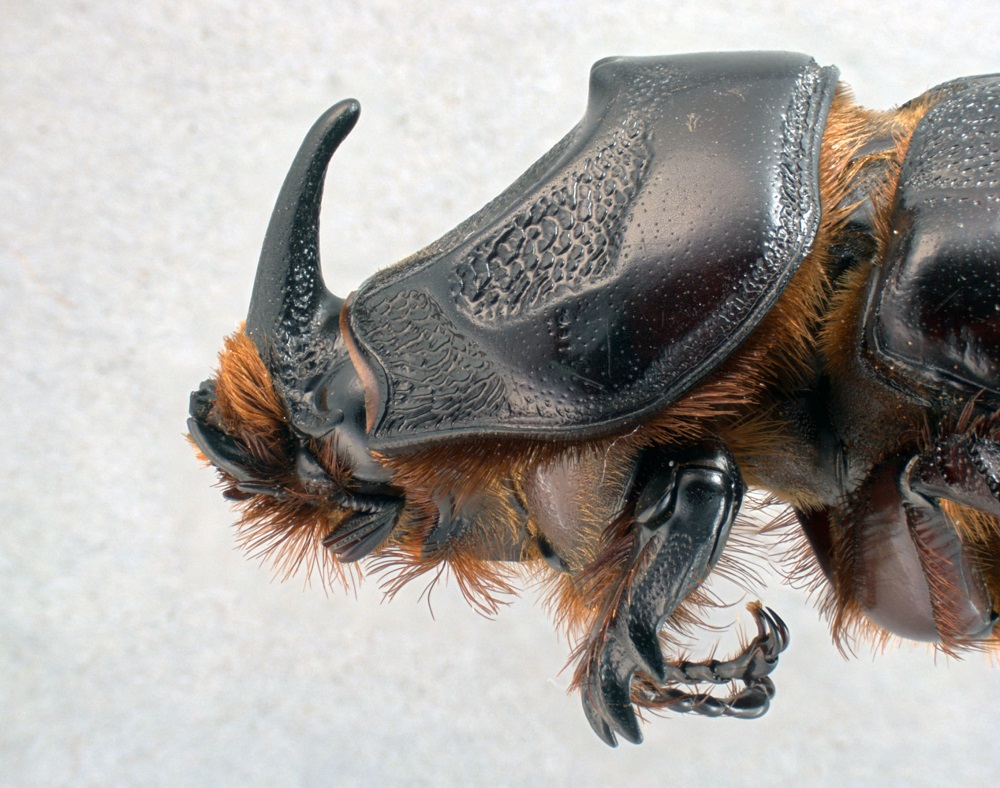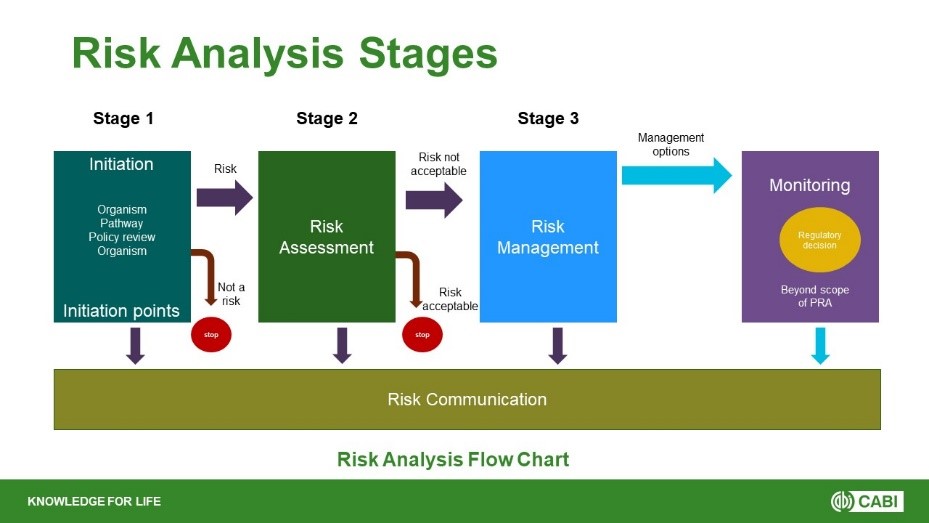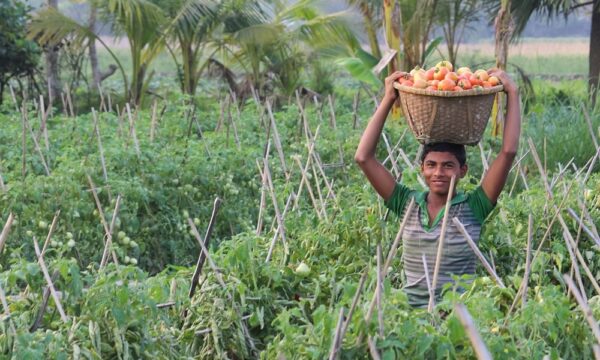
CABI experts Dr Muzammil Farooq, Muhammad Faheem and Dr Annamalai Sivapragasam, shared their expertise as part of a two-day international virtual training on ‘Import Risk Analysis’ for the national regulatory authorities of Philippines government organized by WINROCK International in Philippines.
This international training was attended by 32 participants from the Philippine Department of Agriculture (DA) representing the Bureau of Plant Industry (BPI), the Bureau of Animal Industry (BAI), the Bureau of Fisheries and Aquatic Resources (BFAR), the Fertilizer and Pesticide Authority (PFA), the National Meat Inspection Service (NMIS), the Food Development Center (FDC), the Philippine Coconut Authority (PCA), the Sugar Regulatory Administration (SRA) and the National Dairy Authority (NDA).
SPS and food safety standards
During the training program, CABI experts provided an overview of the concepts, components and frameworks of Import Risk Analysis to help the participants familiarize themselves with the methods for assessing disease and pest risks – particularly associated with the importation of agricultural products by following the sanitary and phytosanitary (SPS) agreement and food safety standards.
The training was also a prelude to a risk-based analysis procedure which delves into specific processes of risk identification and risk assessment for its entry, exposure and consequences as well as overall estimated risk with respect to pest and pathway of product importation which are crucial in implementing SPS and food safety standards.
The participants were told about the process of risk management that involves identifying, selecting and implementing mitigation measures to reduce and manage the level of risk to an acceptable level.
Key management measures
A number of key management measures, for example mitigation, safeguard and procedures, were explained that can be adopted at pre-border, border and post-border areas by a spectrum of relevant stakeholders (e.g. regulatory agencies, processing industry and growers etc.). The evaluation of measures and their continuous monitoring is very important to the successful risk management plan. The communication of risk is an iterative process and continues throughout the import risk analysis.

Good risk analysis practices
In addition, three case studies on pest/safety risk in crops and fish imports, for instance rhinoceros beetle in coconut, fruit fly in mango and histamine in fish etc. for good risk analysis practices, were presented for participating agencies to consider proposing in the respective agencies to better perform their respective regulatory functions.
This training activity was organized under the Building Safe Agricultural Food Enterprises (B-SAFE) project funded by United States Department of Agriculture (USDA) under its Food for Progress (FFPr) program in Philippines.
The goal of this project is to improve the trade of safe, wholesome food and agricultural products. It does so by working with the Government of Philippines in providing agencies with the tools and information needed to implement evidence-based risk analysis and helping the government meet obligations under domestic law as well as international food safety and trade protocols. B-SAFE will improve private sector access to services, information and relationships to access food safety-conscious export and domestic markets.
Additional information
Main image: Coconut Rhinoceros Beetle (Courtesy of US Forest Health – Durham Office).
Authors
Muhammad Faheem
Integrated Crop Management Advisor-CABI
Dr Muzammil Farooq
Project Manager-CABI
For more information, please contact:
Muhammad Faheem
CABI
+60 (0)17 397 2774

Related News & Blogs
Joint efforts towards strengthening harmonization in the pesticide regulatory landscape of the Philippines
CABI together with the United States Department of Agriculture (USDA) and the Fertilizer and Pesticide Authority (FPA) of the Philippines have produced working manuals to help strengthen harmonization of the pesticide landscape in the Philippines. The…
23 May 2025




